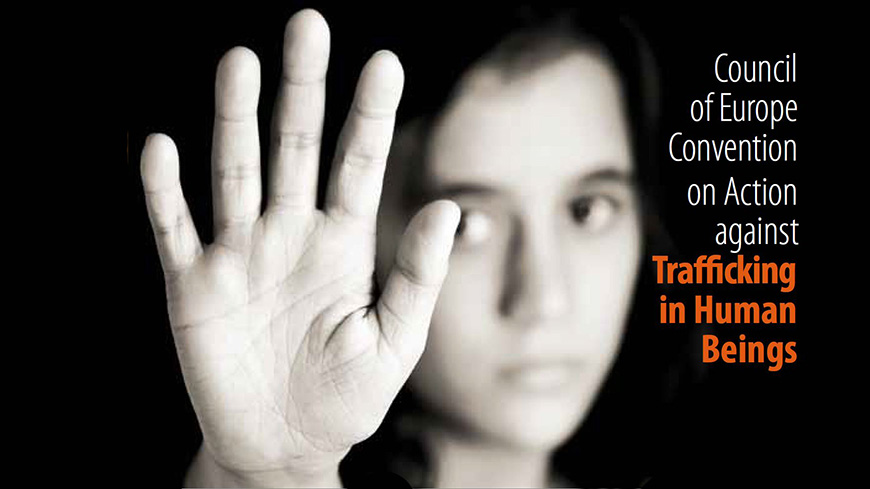The Covid-19 pandemic is having a worrying impact on human trafficking across Europe and states should do more to prevent it, according to the latest annual report from the Council of Europe’s Group of Experts on Action against Trafficking in Human Beings (GRETA).
“The effects of the pandemic have made victims of human trafficking even more vulnerable,” said GRETA President Helga Gayer.
“Frontline NGOs have reported delays in people being formally identified as victims of trafficking, which seriously affects their access to safe accommodation, healthcare and much-needed support whilst also putting them at risk of further abuse,” she added.
“Traffickers have made the most of the situation, exploiting the precarious financial situation of many of their victims. Furthermore, whilst the authorities are reporting increased sexual exploitation and criminal activity online, stretched resources and delays in the justice system are hampering efforts to bring traffickers to account and to provide justice and compensation to their victims.”
The report includes a dedicated section on the impact of Covid-19 on combating human trafficking and a further section on the identification of trafficked persons amongst asylum seekers and access to international protection by victims of trafficking.
“It is crucial to the safety of vulnerable asylum seekers that those who have been trafficked are effectively identified and provided with the support, assistance and protection to which they are entitled under the Council of Europe’s anti-trafficking convention,” added GRETA’s President.
In the report, GRETA again calls on the Russian Federation to ratify the convention, which has already been ratified by all of the other 46 Council of Europe member states as well as non-member Belarus. Israel formally expressed its interest in acceding to the convention in August 2020.


